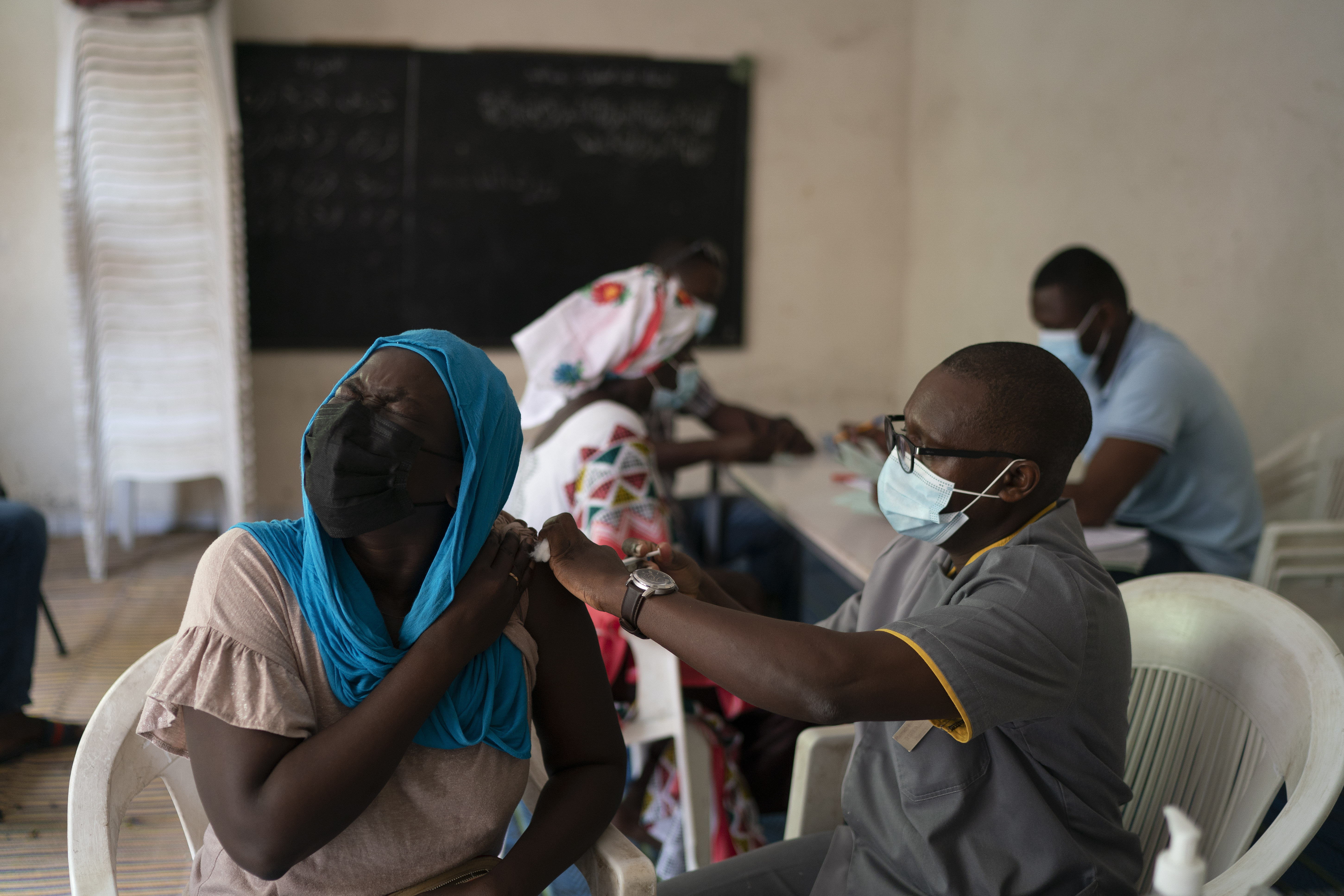Tipping point?
| Fri, Aug 20, 4:08 PM (3 days ago) |   | ||
| ||||
 |
Hi Nelson, It’s beginning. As people around the world struggle with the impacts of a heating climate, fire season is now underway in the Amazon. As you read this, landgrabbers are intentionally setting fire to the Amazon rainforest to clear land for cattle ranching and industrial agriculture. We’re being warned that this year’s fires in the Amazon could be the worst ever, due to a devastating combination: a historic drought, record high levels of deforestation, and the anti-environmental agenda of Brazil’s far-right President Jair Bolsonaro. [1] The situation is critical. Last month we learned that vast areas of the Amazon are already emitting more carbon than they absorb, as fires and deforestation ravage the landscape and the remaining rainforest dries out. [2] This is the tipping point scientists have warned us about — the moment is here. But there is something we can do. Take action now. International pressure from Brazil’s trading partners is critical at this moment — and has already caused the Bolsonaro government to delay the worst of its destructive plans. [3] And yet as other governments and companies around the world speak out, our current Liberal government has remained silent — and is even planning to reward Bolsonaro with a lucrative trade deal. This is unacceptable. But together we have the power to hold our government to account. More than 50,000 Canadians have already called on the current Liberal government to halt the planned Canada-Mercosur free trade deal and speak out against Bolsonaro’s destruction of the Amazon. Together we can and must pressure government to stop prioritizing corporate interests and prevent an ecological catastrophe. That starts with calling on the acting Liberal government to make this commitment during this important election period. Because losing the Amazon is not an option. Indigenous peoples of Brazil are sounding the alarm on this crisis [4] and have issued an international call for solidarity. It’s time for us to respond. Thank you for taking action. Reykia Fick Nature & Food Campaigner, Greenpeace Canada P.S. Want to learn more? I’ve put together a blog with all the updates on the critical situation in the Amazon so you can do a deep dive now. Check it out here. SOURCES:
|
We don't accept any money from companies or governments so we can be independent and challenge anyone who threatens the planet or peace. To help us keep fighting climate change, defending our oceans and protecting ancient forests, please make a regular donation or start a fundraiser. Thank you! You can grow the movement for a green and peaceful future. Forward this email and share the signup link for our regular email updates and ways to take action. This email was sent to: human4usbillions@gmail.com. If you no longer want to be in the loop with the latest news from these emails, we'll be sad, but you can choose to receive fewer emails or unsubscribe here. Greenpeace Canada, 33 Cecil Street, Toronto, ON M5T 1N1 |







